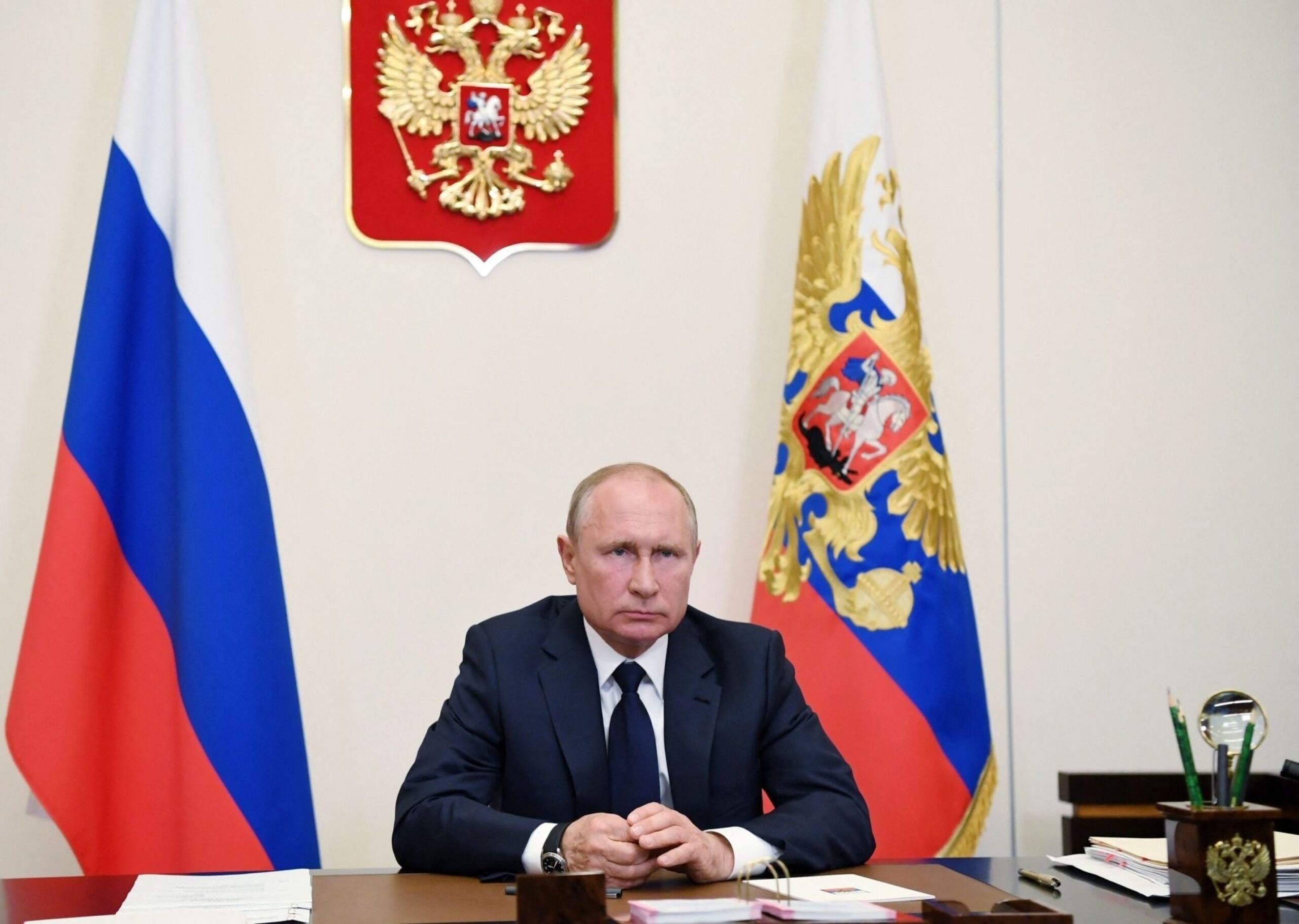
While widespread violence or civil war was averted, the consequences for Russia — and Putin — could be grave.
June 2022
Vladimir Putin set the stage for this weekend’s remarkable events by launching a major land war in Ukraine in 2022 for no good reason, without a sensible strategy, and without a sufficient number of armed forces that might have brought success. Yevgeny Prigozhin and his Wagner company of mercenaries helped him contend with some of the effects, but at the expense of creating a gap between appearance and reality. Prigozhin for months came across as a hawk on the war, castigating the Russian Army for its poor performance and denying his mercenaries the resources to improve on it.
When Prigozhin raised the flag of rebellion in Rostov-on-Don on Friday, though, he had swung around to a dovish position on the war itself, saying in no uncertain terms, for society and all the world to hear, that Putin’s rationale for starting it — to preempt a NATO aggression against Russia — was a fiction. Putin on Saturday went on television to denounce Prigozhin as a traitor, then disappeared from sight as Wagner sent a thin column of armored vehicles in the direction of Moscow, with the stated aim not of ousting Putin but of punishing the military high command for its incompetence. It was Putin’s press secretary, not Putin, who made the announcement that evening that it had all blown over and that Prigozhin would be given asylum in Belarus and his men not charged with any crimes in recognition of their contributions at the front. Moreover, that deal, so it has been said, was brokered not by Putin or any Russian leader but by Alyaksandr Lukashenka, the Belarusian dictator.
Although a bloodbath has been averted, the wreckage left behind by the affair cannot easily be cleared away. Putin’s instinct will be to tighten the political screws further than ever. But he must attempt this in full light of the fact that Prigozhin and his crew got away with their mutiny unscathed and Prigozhin found refuge with his junior partner in Minsk. The affair is a humiliation for Putin, no doubt about it, and it raises the question of how many more missteps of this magnitude he can get away with.
It is an open secret in Moscow that, whatever the complexities of public opinion at the mass level, many members of the Russian elite harbor deep misgivings about the war. This time, once it was clear which way the wind was blowing, they lined up with their absentee boss. How they will make future choices may be another matter. No more than ten or twelve members of Putin’s inner circle, if they could agree among themselves, demonstrate Prigozhin’s appetite for risk, and contrive an institutional formula for a national-unity government, could bring an end to the Putin era. The Russian precedent is the ouster of Nikita Khrushchev by the Soviet leadership in October 1964 and the initiation of a generation of oligarchic rule.
It will be some time before the full consequences of Prigozhin’s rebellion become clear. What we see now is a tableau of ambiguities and contradictions, with a democratic outcome for Russia seemingly as far away as ever.![]()
Timothy J. Colton is Morris and Anna Feldberg Professor of Government and Russian Studies and chair of the Academy of International and Area Studies at Harvard University. He is the author of numerous books, including Everyone Loses: The Ukraine Crisis and the Ruinous Contest for Post-Soviet Eurasia (with Samuel Charap, 2017).
Copyright © 2024 National Endowment for Democracy
Image Credit: Salma Bashir Motiwala/Shutterstock
